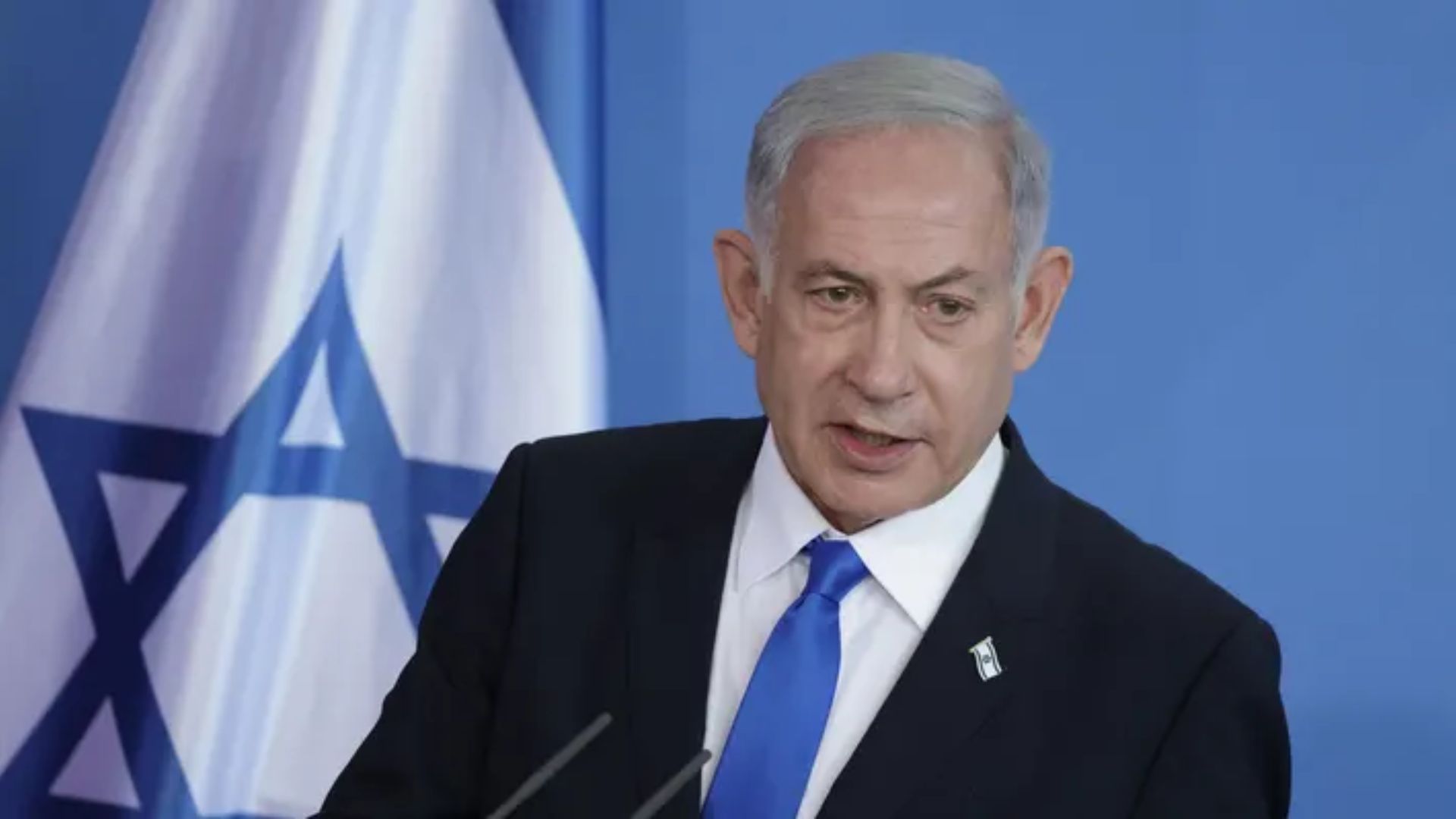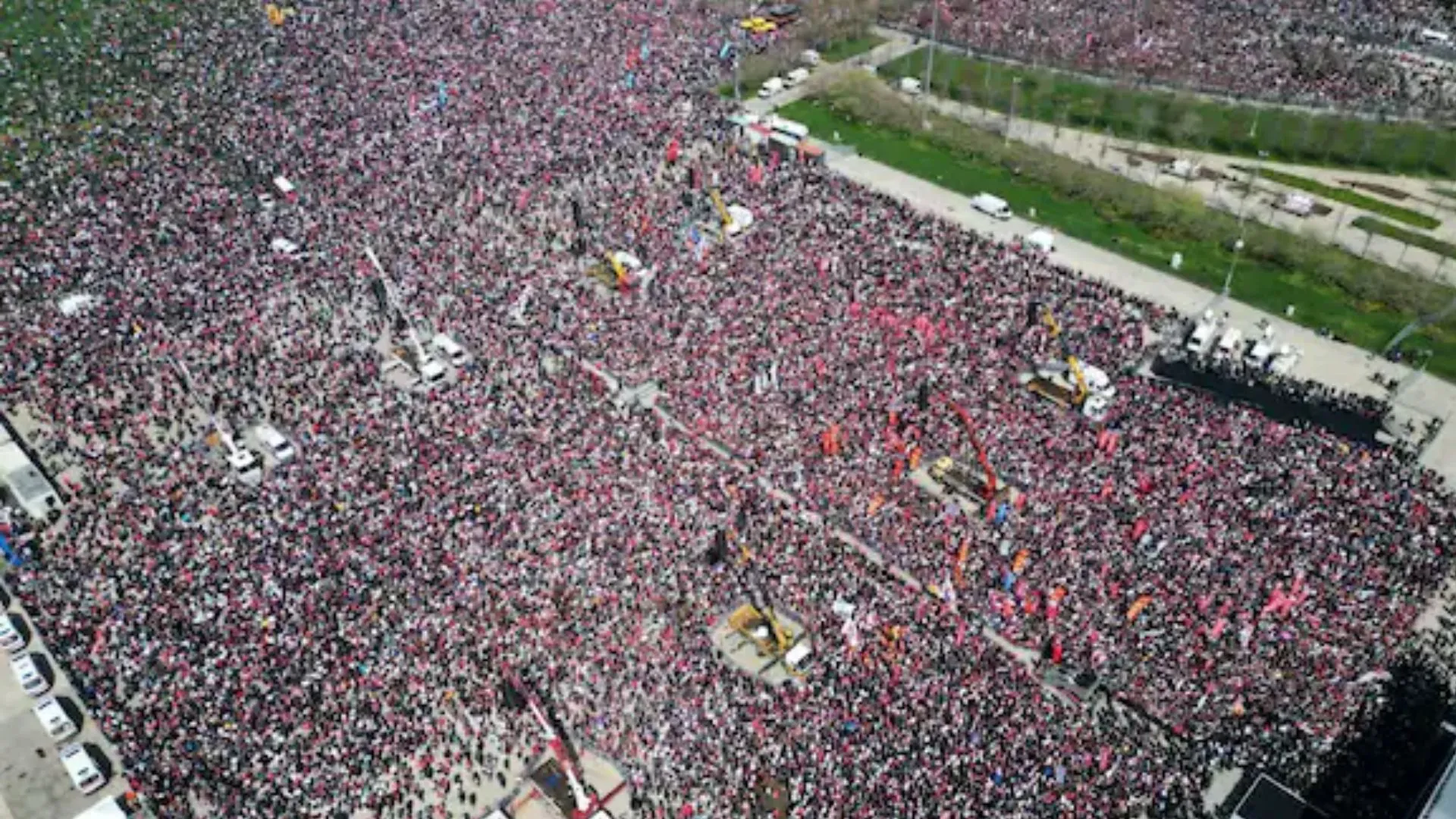Israeli Prime Minister Benjamin Netanyahu’s decision to postpone an Israeli delegation’s visit to the US has left White House National Security Communications Advisor John Kirby saying that they are “perplexed”.
Speaking at a press conference on Monday, Kirby stated that although the Israeli PM’s office seems to suggest that the US has changed, the Biden administration has not altered its strategy.
When asked about US President Joe Biden’s reaction to Netanyahu’s decision Kirby said, “We’re kind of perplexed by this. A couple of points that need to be stated and, in fact, restated. Number one, it’s a nonbinding resolution. So, there’s no impact at all on Israel and Israel’s ability to continue to go after Hamas. Number two, as I said in my opening statement, it does not represent a change at all in our policy.”
“It’s very consistent with everything that we’ve been saying we want to get done here. And we get to decide what our policy is. The prime minister’s office seems to be indicating through public statements that we somehow changed here. We haven’t. And we get to decide what — what our policy is. It seems like the prime minister’s office is choosing to create a perception of daylight here when they don’t need to do that. So, again, no change in our policy,” he added.
Kirby’s remarks follow Netanyahu’s cancellation of a crucial group trip to Washington on Monday due to the US’s refusal to veto a UN Security Council resolution demanding an immediate ceasefire in Gaza during Ramadan.
Netanyahu’s office called the US abstention in a statement, “a clear departure from the consistent position of the United States at the Security Council since the beginning of the war.”
The statement released by Netanyahu’s office reads, “The United States has abandoned its policy in the UN today.” “In light of the change in the US position, Prime Minister Netanyahu decided that the delegation will remain in Israel,” it added.
The team was scheduled to be in the US this week to talk about the Gaza conflict, since The Hill reported that Israeli forces are threatening to break into the southern Gaza city of Rafah, which is home to over a million Palestinian refugees fleeing the fighting.
Yoav Gallant, the Israeli minister of defense, is set to meet with Lloyd Austin, his US counterpart, while he is in Washington. After more than 32,000 Palestinians have died in the conflict, tensions between the US and Israel have increased.
The Biden administration’s calls for Israel to think about options other than launching a large-scale ground assault have caused the gulf over Rafah to widen. The UN resolution that was adopted on Monday demanded an immediate cessation of hostilities throughout Ramadan.
It also demands the release of the prisoners, but according to a report from The Hill, it does not need a ceasefire, in contrast to a previous US-sponsored resolution that failed to pass last week.
The resolution “gives Hamas hope that international pressure will allow them to get a ceasefire without freeing our hostages,” according to a statement from Netanyahu’s office, according to The Hill.
The statement continues, “Prime Minister Netanyahu made it clear last night that should the US depart from its principled policy and not veto this harmful resolution, he will cancel the Israeli delegation’s visit to the United States”
The United States stated it did not support the resolution because it did not denounce Hamas. It did not, however, vote against it because, in general, the criteria promote the release of hostages and a humanitarian truce.





















